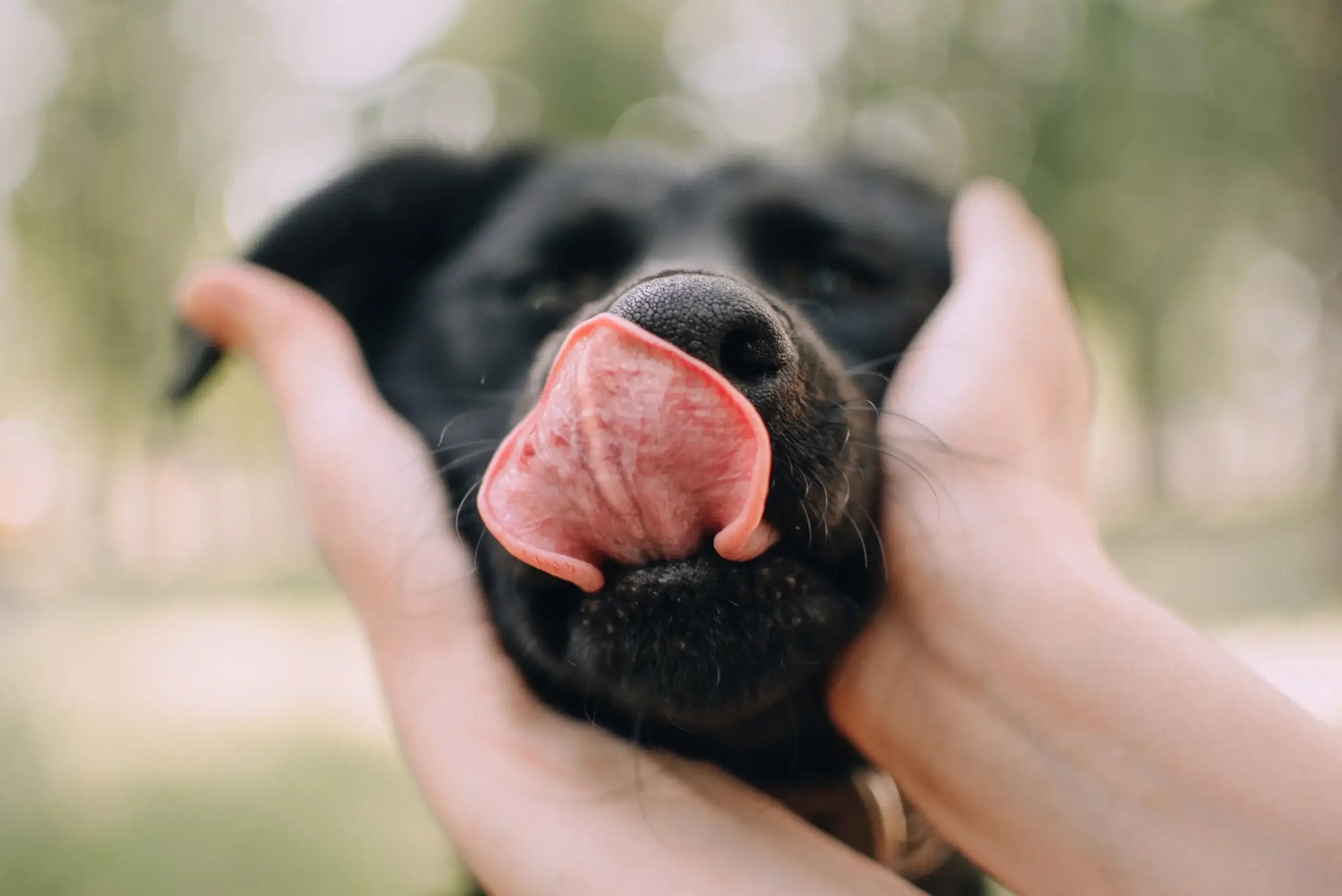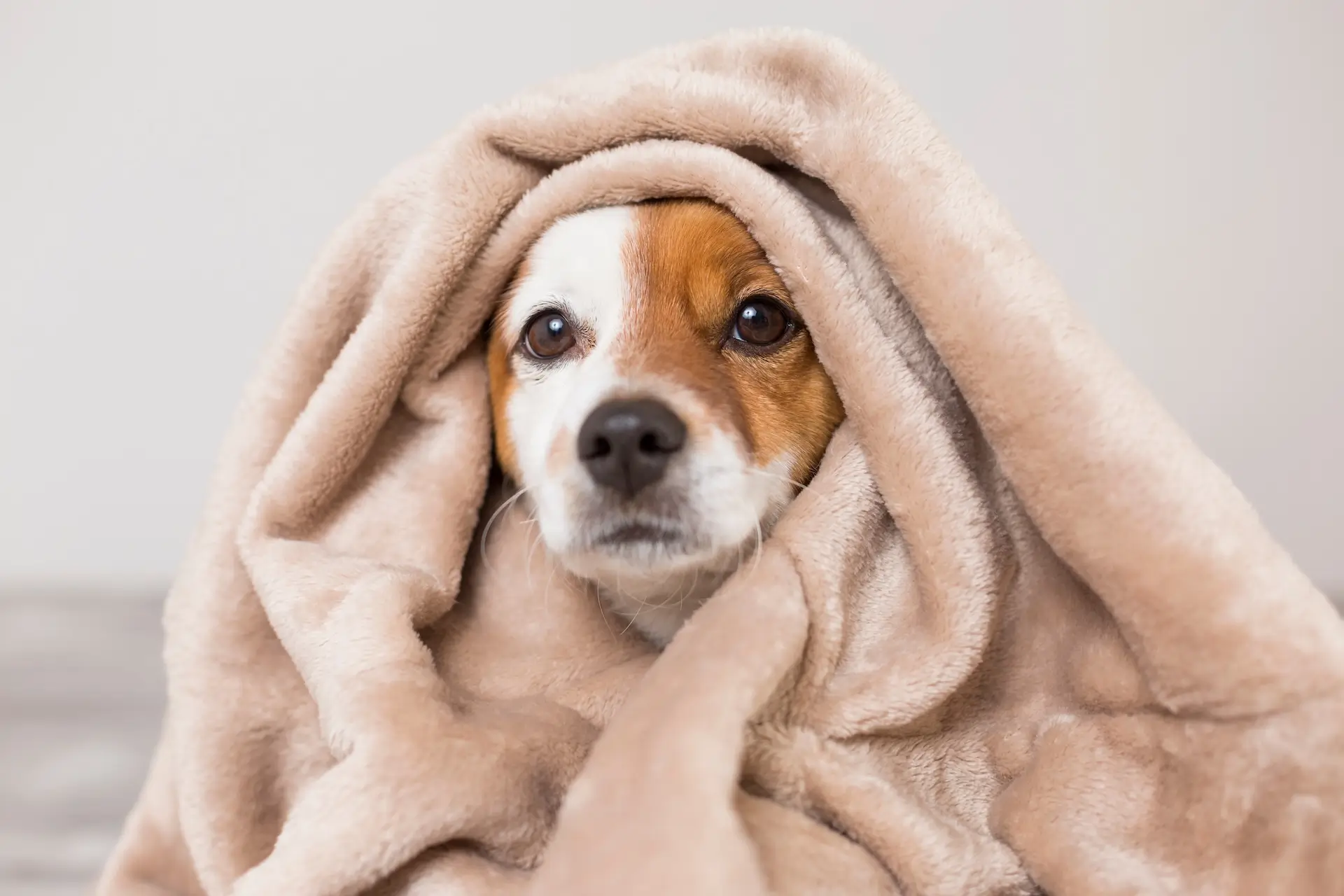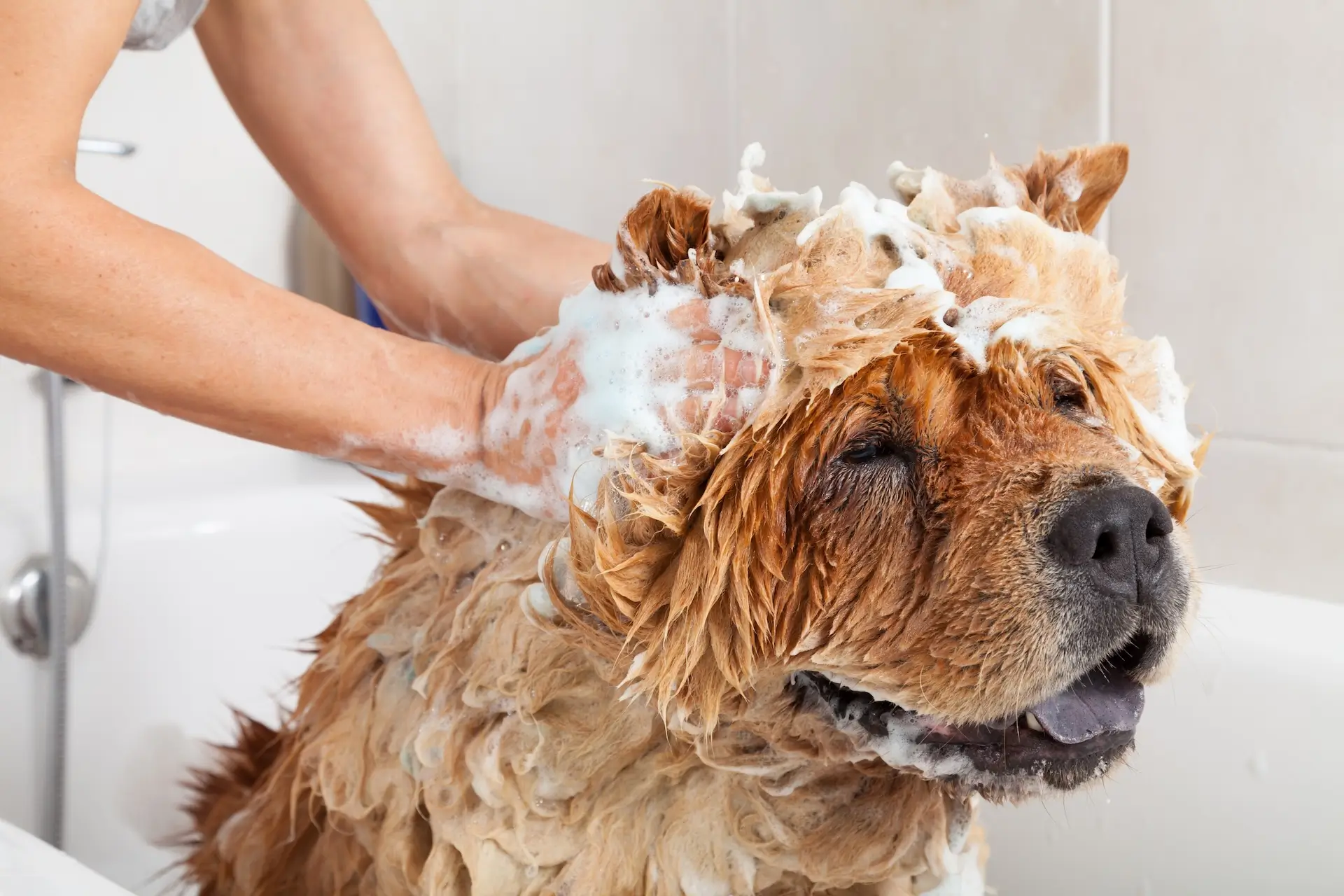Naju Pets | April 16, 2025

What Is Xanthan Gum?
Ever checked your dog’s food label and spotted something called xanthan gum? It might sound like something straight from a science lab, but it’s actually a pretty common ingredient used to keep food smooth and stable. Xanthan gum is made through a fermentation process (usually from corn or soy) and appears in everything from your salad dressing to your pup’s favorite wet food. But why exactly is it there, and should you be concerned?
Is Xanthan Gum Safe for Dogs and Cats?
According to veterinary guidelines and current research, xanthan gum is generally safe for pets when consumed in small amounts, and it is commonly found in commercial pet food. It’s not toxic, and reputable brands often use it without issue. However, some sensitive dogs or cats might experience mild digestive discomfort, such as gas, bloating, or loose stools. In rare cases, pets might even show allergy-like symptoms, including itchy skin or irritation.
While cats and dogs typically respond similarly, cats can sometimes be more sensitive due to their unique digestion. If your pet exhibits any unusual reactions after consuming food with xanthan gum, consult your veterinarian to ensure there aren’t underlying issues.
Xanthan Gum vs. Guar Gum: What’s the Difference?
Xanthan gum often gets mentioned alongside guar gum, another common thickener and stabilizer in pet foods. While xanthan gum is produced through fermentation, guar gum is derived from guar beans—a natural legume. Both ingredients help maintain texture and keep ingredients mixed together, but guar gum tends to create a thicker consistency.
In terms of tolerance, both are considered safe and are generally well-accepted by pets. However, guar gum is often viewed as slightly gentler on sensitive stomachs, making it a popular alternative in specialty or limited-ingredient pet foods. Always keep your pet’s individual sensitivities in mind, and check with your vet if you’re unsure about any ingredient.
Should You Avoid Pet Food with Xanthan Gum?
Whether you should steer clear of pet food containing xanthan gum depends largely on your furry friend’s individual health and sensitivities. While the ingredient itself isn’t harmful in small amounts, quality matters. Look closely at ingredient lists, and consider how your pet typically reacts to foods containing additives or thickeners.
If your dog or cat frequently experiences digestive upset or has known sensitivities, choosing pet food without xanthan gum might be beneficial. Many limited-ingredient or natural formulas opt for alternative thickeners, like guar gum, carrageenan, or even no gums at all.
Ultimately, it’s about finding the right balance between your pet’s specific dietary needs and food quality. Always check labels carefully, and when in doubt, ask your veterinarian for personalized advice.
Final Thoughts on Xanthan Gum in Pet Food
For most pets, xanthan gum is a safe and common additive that helps maintain the appealing texture of wet foods and treats. While it’s generally well-tolerated, remember that each pet is unique. Keep an eye on food labels, pay attention to how your dog or cat responds to new ingredients, and don’t hesitate to consult your veterinarian if you’re ever unsure or notice unusual reactions.
Your pet’s diet is just one piece of the puzzle—NaJu Pets also offers grooming, boarding, and daycare services to keep your furry friend healthy and happy. Check out how we can help!
NaJu Pets is not a veterinarian, so always check with your vet for specific dietary guidance or health concerns.


